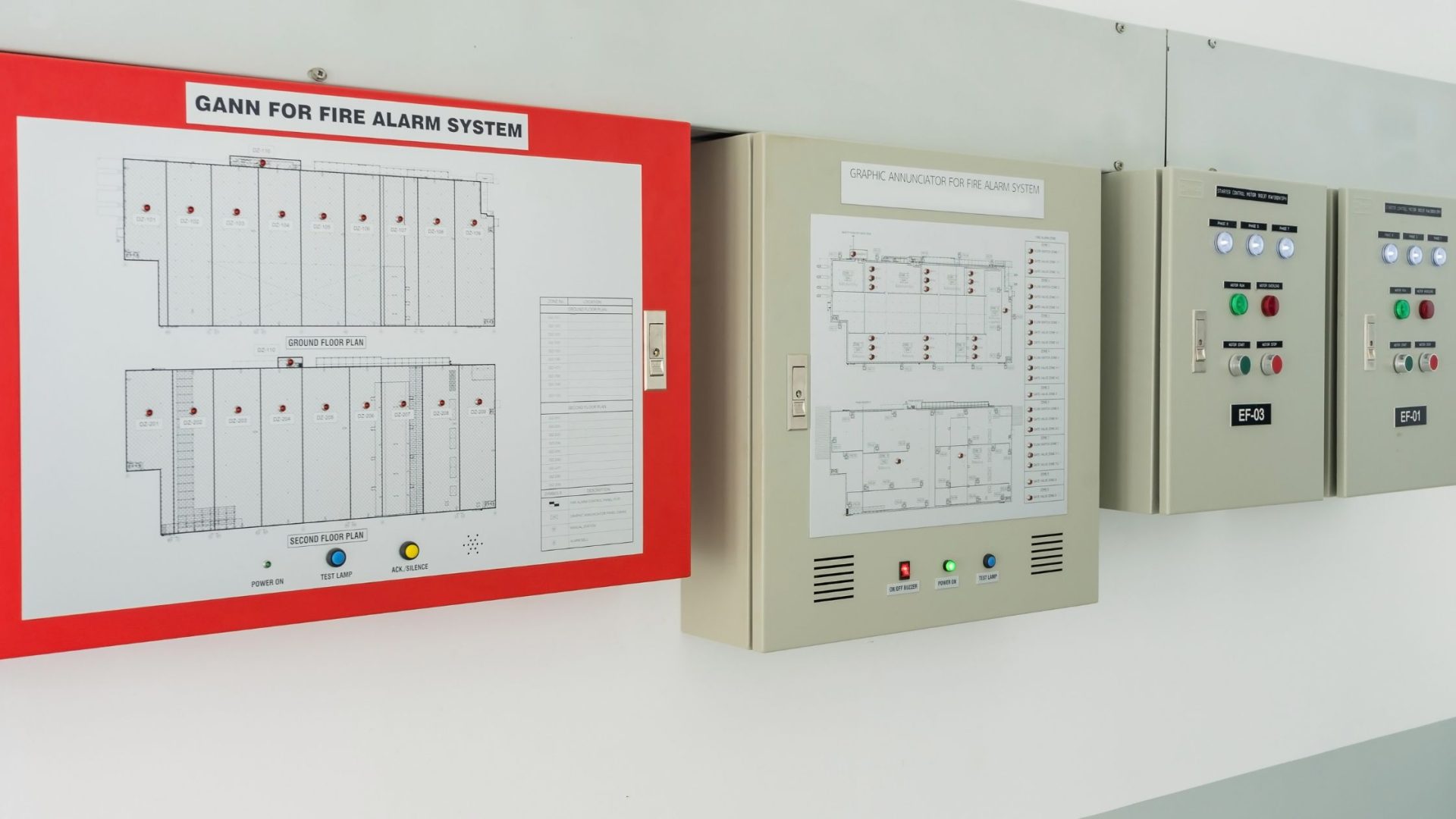
Testing your Hotel Fire Detection Alarm System!
Fire Detection Alarms are essential in any business fire safety procedure. They ensure that if a fire occurs, everyone in the building is alerted to this and can evacuate the building swiftly. The necessary steps can be actioned to stop the fire from spreading throughout the building.
But do you know how often you should test them?
Fire Detection Alarm Systems should be tested daily and weekly by the users and 12 weekly by a competent person.
Routine Fire Detection Alarm Check
A check shall be made by the users every day to ascertain: if the CIE [control and indicating equipment / Fire Alarm Panel] told regular operation, or if not, that any fault indicated is recorded in the logbook and that their actions recommended in 9.2.3.4 has been taken, and Any fault warning previously recorded had received attention.
The user of the system should undertake this check on a daily and weekly basis. When you’re testing your fire detection alarms, you should let your alarm receiving centre and your staff members know that this is a test alarm.
Any routine checks on your fire detection alarm should include the following:
- Ensure the visual displays of the fire alarm control panels are lit.
- The devices connected to the system should be visually checked to ensure that they are not damaged or obstructed.
- Manual Call points should be tested weekly, rotating them weekly during work hours to ensure they sound throughout the building.
- Voice alarms should also be tested weekly during work hours.
- Any vented batteries should be inspected, especially if they are part of the backup alarm system.
- Ensure that any break glass points throughout the building are not obstructed.
- A visual inspection of the building for any structural changes.
While doing your daily and weekly inspections, any problems that occur should be recorded in a logbook and forwarded to a certified fire detection alarm engineer to assess and resolve any issues.
12 Weekly Fire Detection Alarm System Check
This check should be carried out by a competent person, e.g. fire alarm engineer, to ensure that the fire detection alarm system is in good working order. This ensures that occupants are alerted swiftly to any fire within the building and prevent the loss of lives. This check also reduces the risk of a false alarm alerting the local fire service.
All of these tests must be recorded in your fire alarm logbook to comply with the fire safety requirements.
Common Problems
There are many common problems that you should keep a look out for when completing your daily, weekly, and 12 weekly checks on your fire detection alarm system. These include:
- Batteries
You are ensuring that the batteries on any fire alarms are replaced as and when required to ensure that it is still functional. For more commercial buildings, you should ensure that your backup batteries are in good working order should there be a power outage in your building.
- Positioning of Detectors
You should ensure that your detectors are placed in the proper locations around your building to ensure that they do not cause any unwanted or false alarms. These detectors should be placed in areas free from dust, smoke, or grease to prevent this from happening.
- Insufficient Amount of Detectors
You must ensure sufficient detectors across the premises if your business premises are in a large commercial or industrial building. This is to ensure that every person within the building is alerted swiftly in the event of a fire and can evacuate the building safely.
Disclaimer: This document is provided for information purposes only and does not constitute legal/fire safety advice. Each premise should review its procedures individually or seek out the advice of a Fire Safety Professional.
What you should do now?
Whenever you’re ready we are here … here are 3 ways we can help your hotel transform your fire safety procedure.
1. Claim your Free 60-minute Strategy Session. If you would like to work with us to streamline your business fire safety procedure, claim your FREE Strategy Session. During this session, we will review your current fire safety activities, compare them against industry norms, and create a tailored action plan for the next 90 days and 12 months. This will not only make your hotel a safer place but also empower you as a manager with a solid, actionable plan to implement.
2. If you’d like to learn more about keeping your business safe, go to our blog or visit our resources section, where you can download guides and templates used by hundreds of hotels.
3. If you know someone who’d enjoy reading this page, share it with them via email, Linkedin, Facebook, or Twitter.
